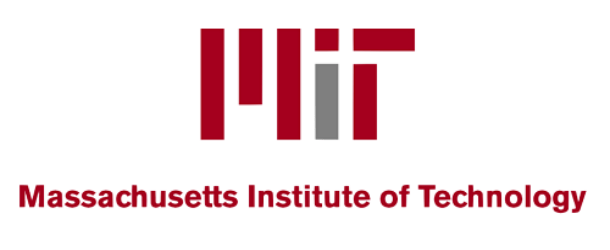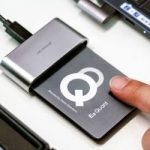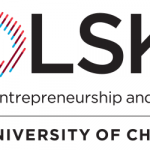MIT Researchers Clear the Way Toward Robust Quantum Computing with Two-Qubit Operation or “Gate”

(Mit.edu) MIT researchers have made a significant advance on the road toward the full realization of quantum computation, demonstrating a technique that eliminates common errors in the most essential operation of quantum algorithms, the two-qubit operation or “gate.”
“Despite tremendous progress toward being able to perform computations with low error rates with superconducting quantum bits (qubits), errors in two-qubit gates, one of the building blocks of quantum computation, persist,” says Youngkyu Sung, an MIT graduate student in electrical engineering and computer science who is the lead author of a paper on this topic. “We have demonstrated a way to sharply reduce those errors.”
“We have now taken the tunable coupler concept further and demonstrated near 99.9 percent fidelity for the two major types of two-qubit gates, known as Controlled-Z gates and iSWAP gates,” says William D. Oliver, an associate professor of electrical engineering and computer science, MIT Lincoln Laboratory fellow, director of the Center for Quantum Engineering, and associate director of the Research Laboratory of Electronics, home of the Engineering Quantum Systems group. “Higher-fidelity gates increase the number of operations one can perform, and more operations translates to implementing more sophisticated algorithms at larger scales.”
The next generation of quantum computers will be error-corrected, meaning that additional qubits will be added to improve the robustness of quantum computation.
“Qubit errors can be actively addressed by adding redundancy,” says Oliver, pointing out, however, that such a process only works if the gates are sufficiently good — above a certain fidelity threshold that depends on the error correction protocol.
Up to this point, only small molecules have been simulated on quantum computers, simulations that can easily be performed on classical computers.
“In this sense, our new approach to reduce the two-qubit gate errors is timely in the field of quantum computation and helps address one of the most critical quantum hardware issues today,” Sung says.



















